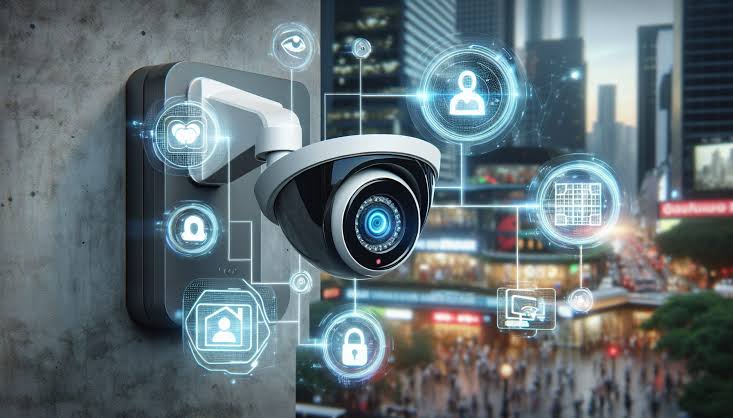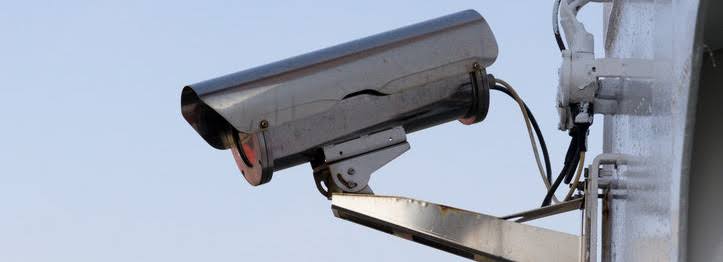
Read More: The Best Practices for Monitoring and Maintaining Your Surveillance System
Installing surveillance cameras can enhance security for homes and businesses, but it’s essential to comply with legal regulations to avoid privacy violations. Understanding the laws governing surveillance systems can help you stay within legal boundaries while protecting your property.
1. Know Your Local Laws
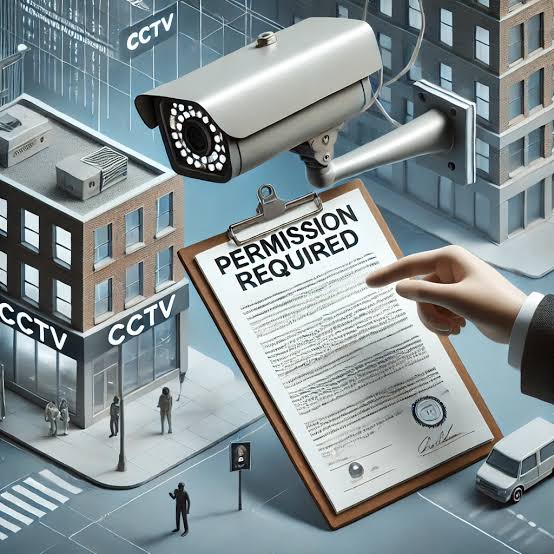
Read More: Innovations in Surveillance Technology: What’s Next?
This laws vary by country, state, or city. Some areas require signs indicating video recording, while others restrict camera placement. Research local regulations to ensure compliance with:
- Consent laws for recording audio
- Public vs. private space laws
- Employer obligations for workplace surveillance
2. Avoid Recording in Private Areas

Read More: CCTV Surveillance Systems – Ensure Safety and Security!
It is illegal in most jurisdictions to install cameras in places where people expect privacy, such as:
- Bathrooms
- Bedrooms
- Changing rooms
- Neighboring properties
Ensure your cameras only cover areas within your legal property boundaries.
3. Notify People About Surveillance
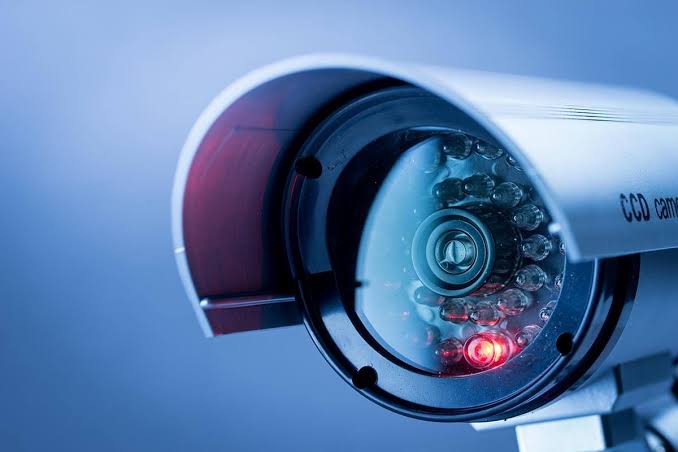
For commercial or workplace surveillance, employees and customers should be notified about security cameras. Some locations legally require businesses to post visible signage informing individuals that they are under surveillance.
4. Understand Audio Recording Laws
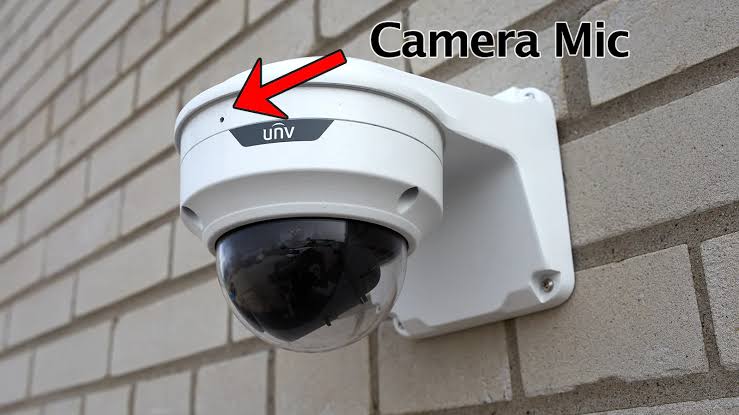
Audio surveillance laws differ from video regulations. In some states, you must obtain consent from all parties before recording conversations. Always check local laws before enabling audio recording on your security system.
5. Use Surveillance Footage Responsibly
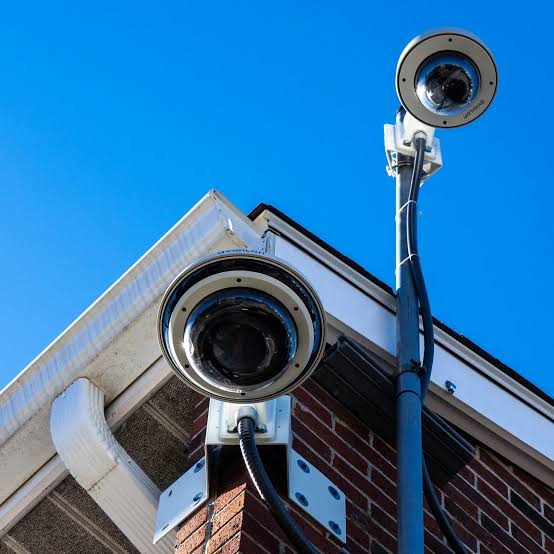
Even if you legally capture footage, using it inappropriately—such as sharing recordings without consent—can lead to legal consequences. Store footage securely and only use it for security purposes or law enforcement reporting.
6. Avoid Illegal Surveillance of Employees
Employers must balance security with privacy rights. Some laws require businesses to inform employees about workplace monitoring, and in certain cases, continuous surveillance may be deemed unlawful.
Conclusion
While smart cameras provide security benefits, it’s crucial to follow privacy laws, obtain necessary consent, and avoid recording in private areas. Whether for home or business use, staying informed about legal requirements ensures your surveillance system protects you without violating privacy rights.

